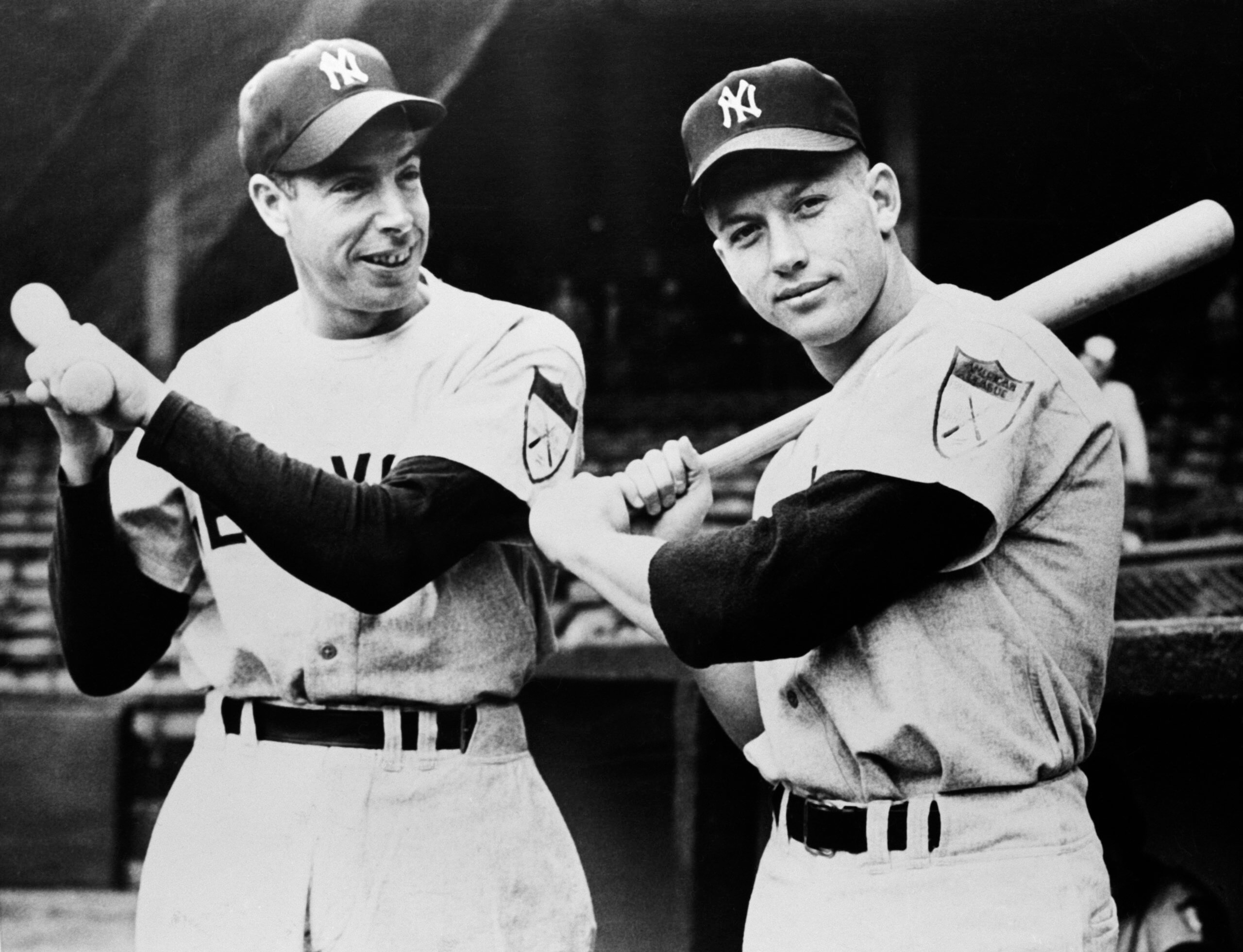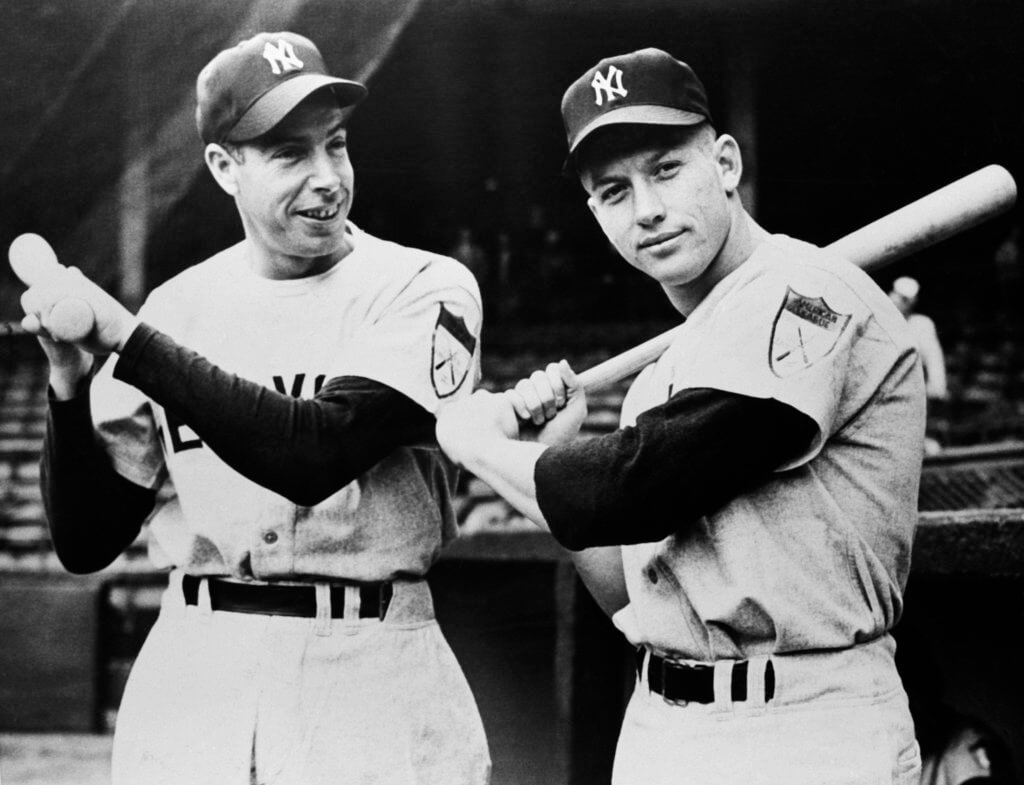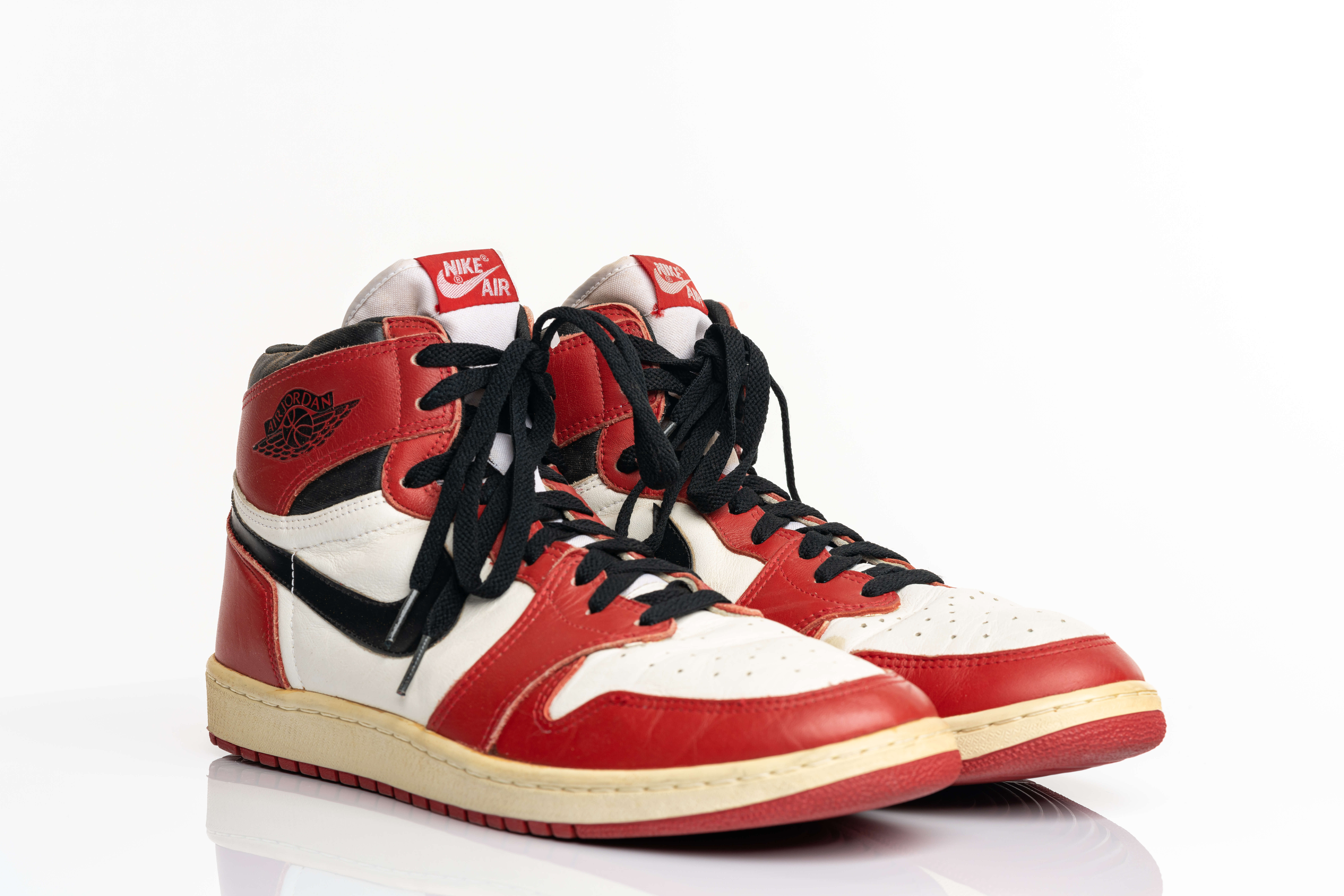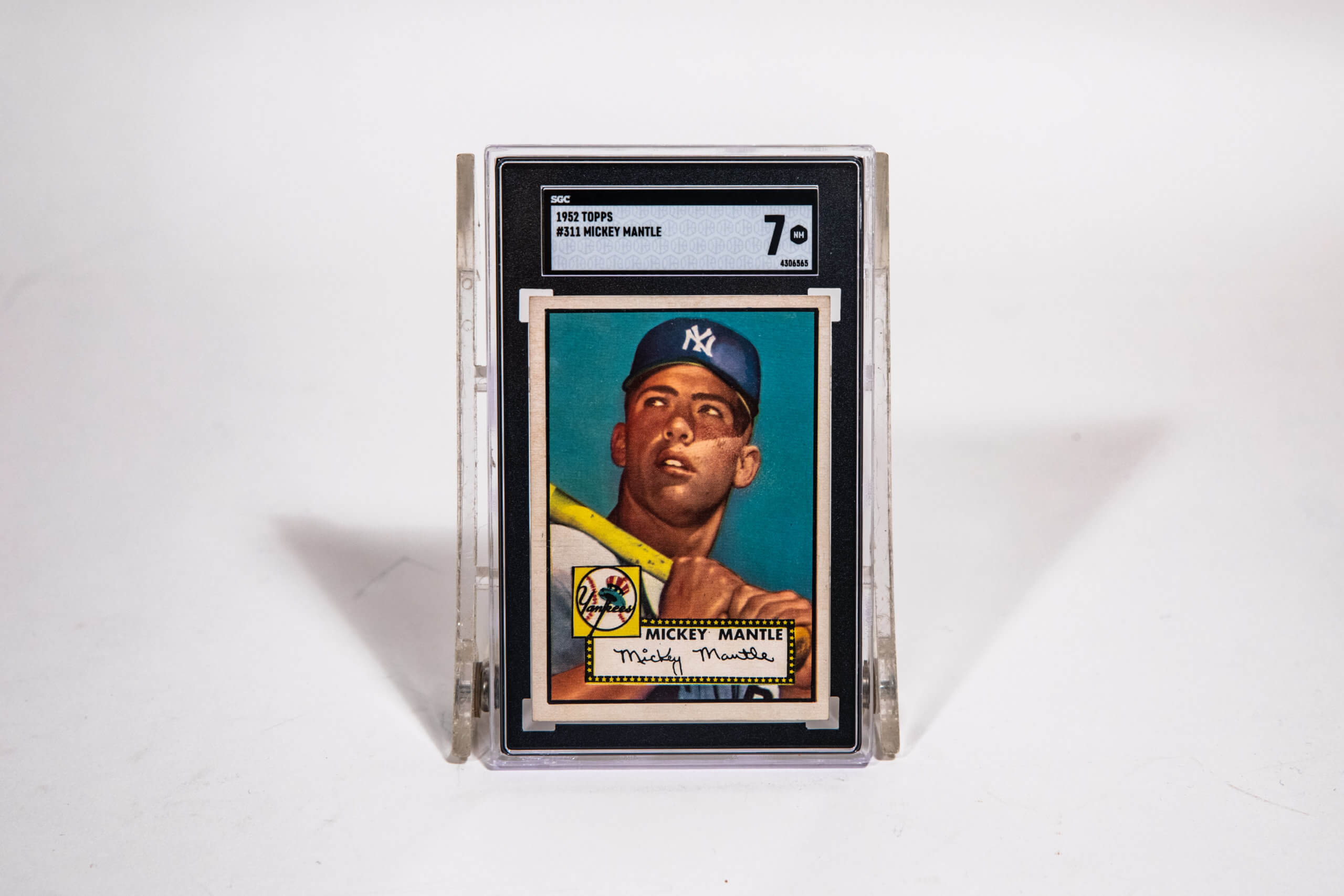Blog > Stories
Paths Collide: DiMaggio and Mantle

Blog > Stories
Paths Collide: DiMaggio and Mantle

A Grudge That Never Thawed
The debate over the fateful play in the 1951 World Series has raged on for the better part of a century. Whose ball was it?
Soon after the game, Mantle was quoted: “It was Joe’s ball. I was getting out of the way. Maybe I stepped in a hole, but something let go in my knee. I heard it pop. I don’t know just what happened.”
DiMaggio, who joined the crowd of Yankees racing to the aid of the fallen Mantle, later said he didn’t even know he was hurt at first.
But the decisions that transpired in the seconds leading up to Mantle’s injury were truly besides the point. Instead, it’s the everlasting symbolism of the brief moment the two Yankees cross paths, a season which may have crescendoed that day in front of 66,018 at Yankee Stadium, though truly was unavoidable.

The two Hall of Famers were foils in every way, to the pristine public image of DiMaggio and the reputation as a mostly lovable trouble maker cultivated by Mantle. DiMaggio was an Italian kid from the west coast, Mantle an Oklahoma boy with a million-dollar smile. DiMaggio, a paragon of consistency and fundamentals… Mantle, a one-in-a-million specimen who claimed to be “bred to play baseball.”
Beyond their clear differences, it was DiMaggio’s view that Mantle had tarnished the Yankees name. He never took kindly to Mantle replacing him (more precisely, Mantle upstaging him), and for his hard-partying lifestyle that directly contradicted DiMaggio’s advice on how a ballplayer should behave. Though not blameless, Mantle always maintained a baseline of respect for his predecessor.
“Heroes are people who are all good with no bad in them. That’s the way I always saw Joe DiMaggio. He was beyond question one of the greatest players of the century.”
Mantle
But the grudge never thawed.
In 1995, as Mantle began to succumb to liver cancer — almost certainly a result of his alcoholism, which only worsened with age — DiMaggio still held on to his decades-long animosity.
DiMaggio would later tell his biographer, Dr. Rock Positano:
“You know, Doc, I don’t really feel sorry for the guy. He did it to himself.”
DiMaggio











